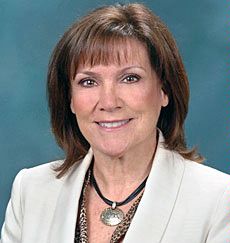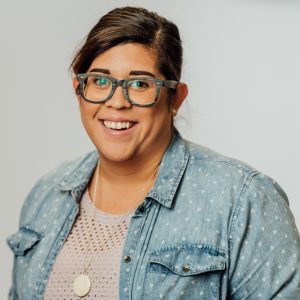Today CAPSA, The Dell Loy Hansen Family Foundation and Altabank planned on hosting a CELEBRATION and ANNOUNCEMENT media event. Although we had to cancel this event due to COVID-19, we still wanted to share the news and celebrate at a distance.
SAFE HOMES – CAPSA’S HOUSING PROGRAM
For individuals and families escaping abuse, a safe home is important to the healing process; this is why CAPSA offers multiple housing programs for our clients. The primary program combines rent subsidies with educational workgroups and case management. Families find housing in our community and are able to remain in this program for up to two years as they work towards independence.
Many clients may not qualify for community based housing because of lack of job history, credit damage by abuse or other reasons; therefore, in 2015, CAPSA built Independence Place, a nine home neighborhood. This is the only neighborhood owned by a nonprofit domestic violence service center in Utah. This neighborhood provides a safety net for families who struggle to secure housing. Families in Independence Place participate in the same transitional housing program and can also stay in these homes for up to two years.
CELEBRATION – HOME AND FAMILY SPONSORS
CAPSA’s transitional housing program averages over 30 families – the average annual rent subsidies are $6,000 per family per year. Working with Altabank, CAPSA created a home and family sponsorship program in which organizations and donors sponsor a home and family by covering this annual housing cost.
Altabank was our first sponsor and their vision has led to the following sponsors:
We want to thank all of our sponsors for their support of CAPSA and Safe Homes.
When we started this program, our goal was to obtain nine sponsors; we reached that goal earlier this year. This program now generates more than $50,000 per year supporting CAPSA’s housing program and other core services.
You can learn more about home sponsorship at: https://www.capsa.org/home-sponsor
ANNOUNCEMENT – FOURPLEX
Although you may have already seen the media’s coverage on the opening of the fourplex, we had planned to announce it at this event. This fourplex is CAPSA’s newest extension to our transitional housing program.
The Dell Loy Hansen Family Foundation purchased a fourplex earlier this year for CAPSA’s exclusive use for our transitional housing program. The property was in need of major repairs, so the Real Salt Lake (RSL) Foundation donated $60,000 to completely renovate these homes. They were scheduled to be completed in late April.
However, due to the COVID-19 public crisis, CAPSA needed more emergency shelter space to accommodate the social distancing precautions and increased demand for shelter. In response to the crisis concerns, the RSL Foundation worked with the contractors on this project to finalize and open these units almost a month early.
During this crisis, CAPSA will utilize these units for a combination of emergency shelter and transitional housing.
You can read more from:
Cache Valley Daily | HJ NEWS | KSL | ABC 4 | SL Tribune
Video of the progress
ANNOUNCEMENT – INDEPENDENCE WAY
Lastly, CAPSA is excited to announce that we are in the process of building a second neighborhood called Independence Way. We plan to finish this project later this year.
The need for affordable housing is essential in helping our clients. CAPSA had the opportunity to purchase a planned neighborhood development which includes an existing triplex and five building lots. The total cost for this project is $1.8 million. We are excited to report that this project is 100 percent funded.
We want to highlight the major contributors to this project:
We also had several individual donors that contributed to Independence Way.
Thank you to everyone who supported this project to ensure safe homes for our clients.
These homes will also be available for sponsorship. Learn more at: https://www.capsa.org/home-sponsor
We wish we could have shared and celebrated the announcements of these amazing projects with you in person. It is only because of your support that we’re able to accomplish this work – thank you!






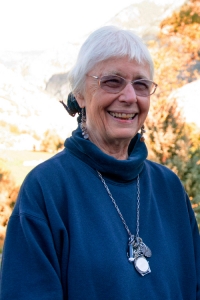 Jenny Box was one of the founders and a continued friend of CAPSA. CAPSA was founded after two high-profile rape cases occurred on Utah State University’s campus. A group of students, staff and community members (including Jenny) came together to create the Cache Valley Rape Crisis Team.
Jenny Box was one of the founders and a continued friend of CAPSA. CAPSA was founded after two high-profile rape cases occurred on Utah State University’s campus. A group of students, staff and community members (including Jenny) came together to create the Cache Valley Rape Crisis Team.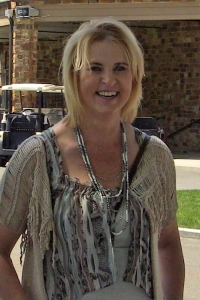 Jan Miller was the founder of Stander: Be Independent. As Stander’s “Fearless Leader”, Jan positioned Stander as the industry leader in accessibility products, but probably more important to her was Stander’s culture of doing what is right, creating partnerships, and helping others stand tall.
Jan Miller was the founder of Stander: Be Independent. As Stander’s “Fearless Leader”, Jan positioned Stander as the industry leader in accessibility products, but probably more important to her was Stander’s culture of doing what is right, creating partnerships, and helping others stand tall.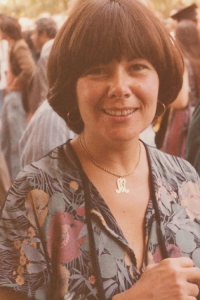 Mary gave her time, passion, and money to protect and empower individuals impacted by domestic violence and sexual abuse. CAPSA in many ways stands as a legacy of Mary’s work. Her influence is seen and felt throughout CAPSA.
Mary gave her time, passion, and money to protect and empower individuals impacted by domestic violence and sexual abuse. CAPSA in many ways stands as a legacy of Mary’s work. Her influence is seen and felt throughout CAPSA.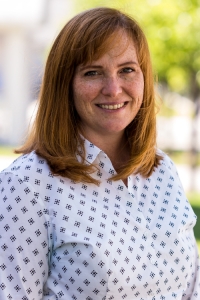 Jill Anderson is the current Executive Director of CAPSA and has started this role in 1997. Through Jill’s vision and inspired leadership, CAPSA has grown from a one-home shelter to a full organization providing comprehensive services that meet the complex needs of survivors. In addition to spearheading facility expansion, including building a new victim support center, shelter, and a transitional housing subdivision (Independence Place), a second neighborhood (Independence Way), Jill has enhanced programs and expanded the capacity of CAPSA to provide critical 24-hour services, shelter, therapy, and housing for survivors. Over 300 men, women, and children find safety in CAPSA’s shelter each year and over 1,500 others receive advocacy, therapy, and support services.
Jill Anderson is the current Executive Director of CAPSA and has started this role in 1997. Through Jill’s vision and inspired leadership, CAPSA has grown from a one-home shelter to a full organization providing comprehensive services that meet the complex needs of survivors. In addition to spearheading facility expansion, including building a new victim support center, shelter, and a transitional housing subdivision (Independence Place), a second neighborhood (Independence Way), Jill has enhanced programs and expanded the capacity of CAPSA to provide critical 24-hour services, shelter, therapy, and housing for survivors. Over 300 men, women, and children find safety in CAPSA’s shelter each year and over 1,500 others receive advocacy, therapy, and support services.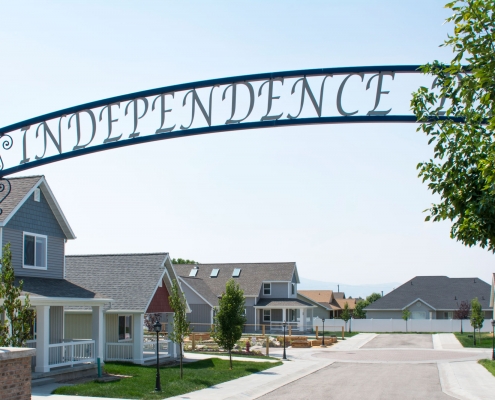
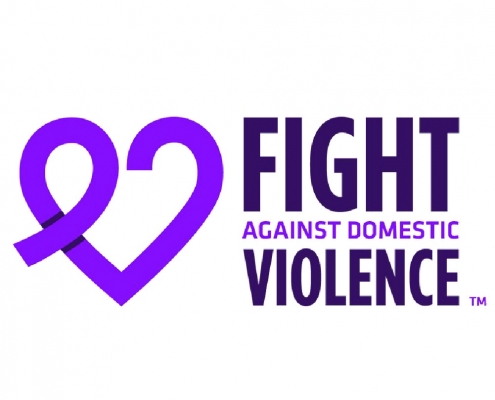
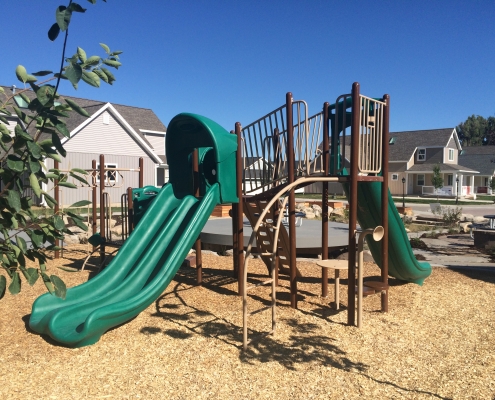
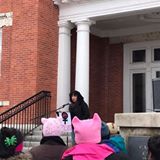
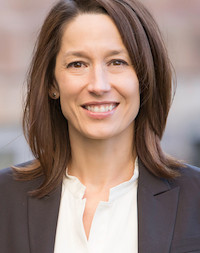 Dr. Christy Glass received her Master’s and PhD in Sociology from Yale University. Following her graduation, she began teaching at Utah State University in 2005. In 2016, she was named
Dr. Christy Glass received her Master’s and PhD in Sociology from Yale University. Following her graduation, she began teaching at Utah State University in 2005. In 2016, she was named 